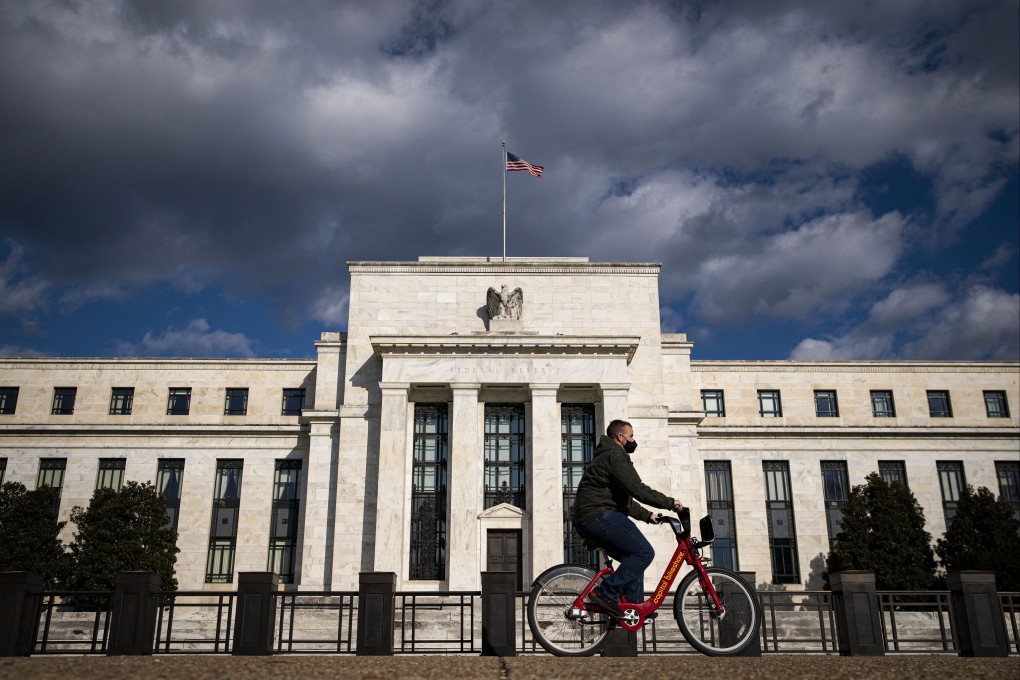Advertisement
Macroscope | How will central banks respond to the Delta variant?
- The highly transmissible coronavirus variant will complicate the Federal Reserve’s attempts to tread a fine line between retaining accommodative monetary policy and managing inflation
- China, on the other hand, has more room for monetary policy manoeuvring
Reading Time:3 minutes
Why you can trust SCMP

Epidemiological evidence suggests the more transmissible Delta variant of the Covid-19 virus is becoming the dominant strain in many parts of the world. This will have serious and unavoidable implications for global economic activity.
China’s economy will not be immune, but Beijing has more flexibility than many to make necessary monetary policy adjustments.
The spread of more transmissible strains of Covid-19 is clearly an unwelcome development. Fortunately, so far at least, where mass vaccinations have been rolled out, those inoculations seem to be providing a measure of protection against the Delta variant even as case numbers rise rapidly.
Advertisement
Nevertheless, there will be economic implications from the virus’ resurgence and markets have already woken up to the risk. Amid clear evidence of the greater transmissibility and spread of the Delta variant, reflation trades have been unwound recently across asset classes, as the investing narrative has shifted towards the idea that the global economy’s initial post-pandemic rebound has already peaked.
But such is the scale of the Delta variant’s spread, central banks and governments will also have to think about fiscal and monetary policy responses.
In the United States, in the face of a rise in US consumer prices which it so far has dismissed as transitory, the Federal Reserve has been treading a fine line, retaining pandemic-related ultra-accommodative monetary policies while also seeking to reassure markets that it won’t let US inflation get out of hand.
Advertisement
Select Voice
Choose your listening speed
Get through articles 2x faster
1.25x
250 WPM
Slow
Average
Fast
1.25x

